
Racism and Humanitarian Action
Elba Rahmouni & Marc Le Pape
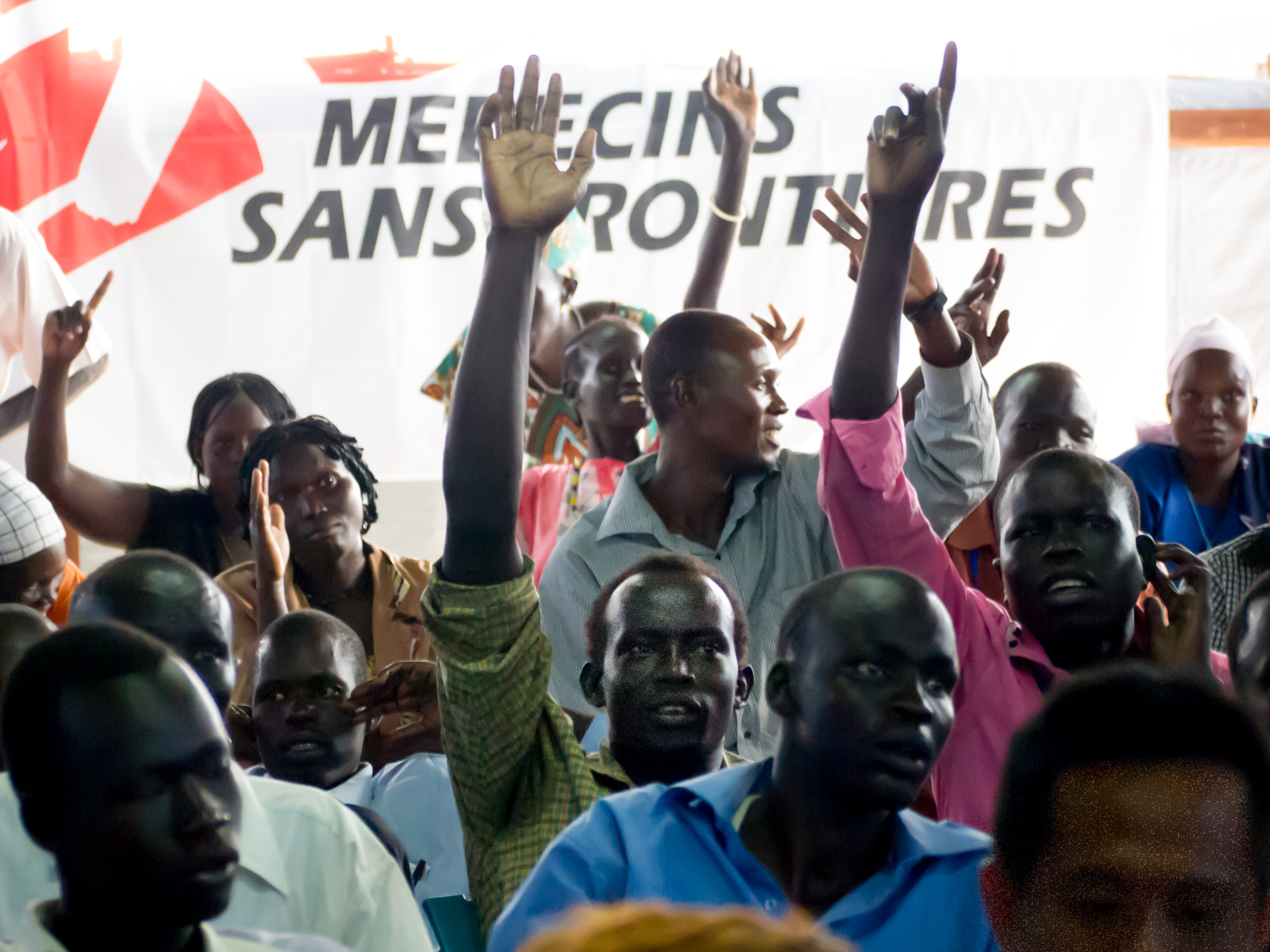
This Crash dossier gathers a selection of Crash publications published over the last twenty years: all of them, in different manners, tackle the themes of racism and humanitarian action. They also evoke the way discussions about racism have been addressed at Médecins sans Frontières.
Some publications directly relate to MSF and the Humanitarian Aid sector. In “Should we discriminate in order to act? Profiling: a necessary but debated practice”, (2021) Françoise Duroch (UREPH) and Michaël Neuman discuss the reasons and implications behind the growing practice of profiling for MSF personnel. In the interview “From bureaucratic inertia to “policy fragility”” (2020), Jean-Hervé Bradol answers to several questions: how did the organization’s personnel policy evolve over time? What are the current paths for improvement to fight inequalities? In “The response to the Ebola epidemic: negligence, improvisation and authoritarianism”, he questions the weak level of health care and research in Guinea, Sierra Leone and in Liberia during the epidemic. Such poor level of health care would have been considered unacceptable elsewhere than in these three poor sub-Saharan African countries. In the blog “Humanitarian exoticism” (2012), Marc Le Pape offers a critical analysis of anthropological culturalism, a concept to which many NGO members resort to in order to explain the behaviors of the populations they help. More often than not, this approach of reality is disappointing and serves little -if not- emergency relief care operations. In “Missions et missionnaires” (2004, only available in French), Rony Brauman establishes a parallel between evangelical colonial missions and an MSF-led public health campaign in Guatemala. Eventually, in “A propos de la conférence mondiale contre le racisme à Durban’’ (2001, only available in French), he expresses the importance and the difficulty of constituting an inventory of all racism forms, he also questions the link between Zionism and racism.
Other publications fall within the field of historical research. In the blog “Race and health. A fascinating article on the history of medicine” (2018), Rony Brauman evokes three books on the history of medicine in the United States, during slavery: between experimentations and resistance, this history of power balances between races and health show the decisive role of African slaves, especially in gynecology which was conceived to increase slavery capital. At a 2015 Crash Conference, medicine history researcher Guillaume Lachenal introduces his book “Le médicament qui devait sauver l’Afrique” (only available in French) in which he describes the power held by the medical institution within the French colonial empire. In the article "Les limites de l’universel. L’accès des sans-papiers à une couverture maladie en France depuis 1999" (2014, only available in French), Caroline Izambert answers the question: how has the symbolic order of immigration policies led to the staging of differentiated treatments towards people in irregular situation, often despising bureaucratic and economic rationality revendicated by political leaders in terms of Social State management? Historian Nicolas Blancel was received by the Crash (2005) on the occasion of a debate titled “Le colonialisme, un projet humanitaire ?” (only available in French) asks the following question: is humanitarian (at least, partly) a post-colonial practice, “a new form of Western sovereignty over the rest of the world” ? He answers positively to that question.
To complete this series of articles, we would like to suggest the reading of three other articles “Decolonisation is a comfortable buzzword for the aid sector” (2021) by Themrise Khan. For the author, the debate on decolonization is rarely centered on the “colonized”. Today, the word “decolonization” is not understood in its historical context as a violent separative process with its colonizers. The propositions aiming to “decolonize” aid are wrong and misleading: if taken literally, they might induce the idea that aid is a form of colonization, although nations of the Global South are no longer colonies – despite persisting inequalities. “Le racisme à la lumière de la nouvelle histoire impériale. Pour une histoire plurivoque du racisme et de l’antiracisme’’ (2020, only available in French) by Emmanuelle Sibeud. The notion of colonial racism is, according to the historian, excessively euro-centric, and perpetuates the hierarchy of actors, inherited from the past. The new imperial history invites us to complexify the debate about race to include all places and to think together racism and antiracism. “Cheminots marocains: une lutte syndicale et judiciaire” (2018, only available in French) by Vincent-Arnaud Chappe and Narguesse Keyhani: this article is about the long fight led by Moroccan railway workers in France (SNCF) against institutionalized discriminations forced upon them by the railway company – as those railway workers were recruited directly in Morocco and then transferred in France at the beginning of the 1970s. Stories like this one illustrate stereotypes and statutory assignations in the post-colonial French context. However, in 2018, these railway workers obtained, from the justice system, the recognition of the discrimination they had faced.
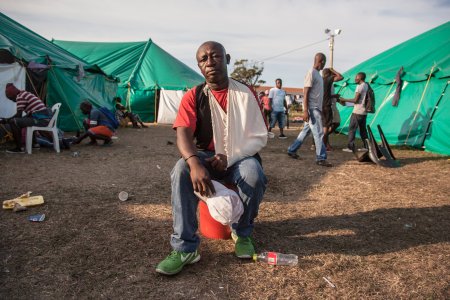 Greg LomasOp-ed
Greg LomasOp-edA propos de la conférence mondiale contre le racisme à Durban
09/01/2001A l'occasion du forum des ONG - tenu en parallèle de la conférence de l'ONU à Durban - Rony Brauman se demande ce que l'on peut attendre d'une conférence mondiale contre le racisme.
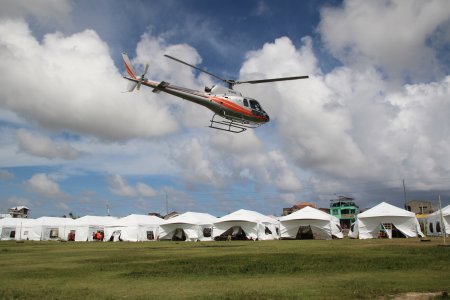 P.K. LeeInterview
P.K. LeeInterviewMissions et missionnaires
08/01/2004Dans cet entretien, Rony Brauman explore les liens entre missions humanitaires et religieuses.
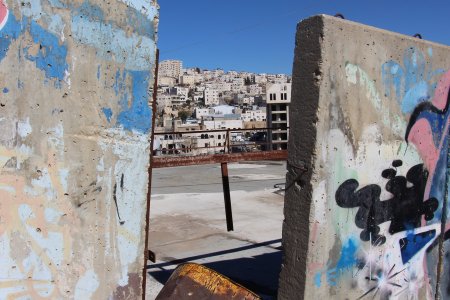 Paul MaakadConference
Paul MaakadConferenceLe colonialisme, un projet humanitaire ?
05/17/2005 - 08:30 PM 09:30 PMNicolas Bancel, historien et spécialiste des questions coloniales, vient jeter un regard décapant sur les rapports entre colonialisme et humanitarisme.
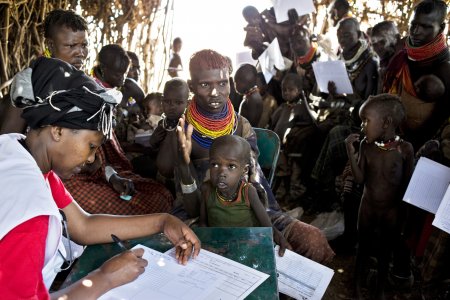 Lynsey AddarioOpinion
Lynsey AddarioOpinionHumanitarian exoticism
04/11/2012This article is about humanitarian exoticism and culturalist convictions: those to which members of NGOs currently adhere.
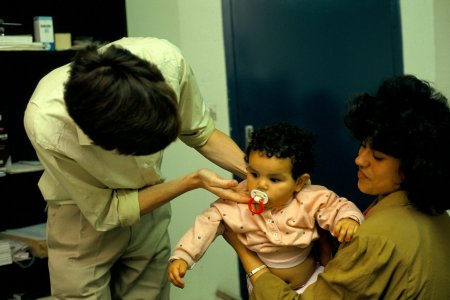 MSFAnalysis
MSFAnalysisLes limites de l'universel. L'accès des sans-papiers à une couverture maladie en France depuis 1999
01/01/2014L'article « Les limites de l'universel. L'accès des sans-papiers à une couverture maladie en France depuis 1999 » a été publié en 2014 dans Les Cahiers du Centre Georges Canguilhem (N° 6), pages 199 à 215. Caroline Izambert répond à la question : comment l’ordre symbolique de la politique d’immigration a-t-il conduit à la mise en scène du traitement différencié des personnes en situation irrégulière, parfois au mépris de la rationalité bureaucratique et économique revendiquée par les responsables politiques en matière de gestion de l’État social ?
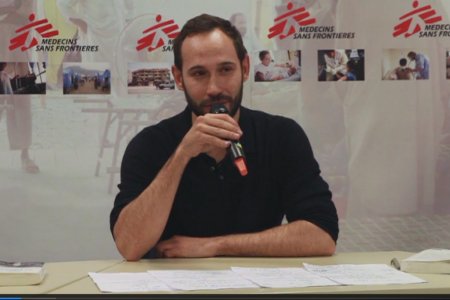 Conference
Conference"Le médicament qui devait sauver l’Afrique"
02/07/2015 - 01:30 PM 07:30 PMGuillaume Lachenal, historien de la médecine, dresse une lumineuse « anthropologie de la bêtise coloniale » dans son récent ouvrage 'Le médicament qui devait sauver l'Afrique, un scandale pharmaceutique aux colonies' paru en octobre 2014. La Lomidine, alors considérée par les autorités coloniales comme un remède miracle contre la maladie du sommeil, a été massivement utilisée au cours de campagnes d'injection supposées contribuer à éradiquer la trypanosomiase... malgré la découverte de l'inefficacité et de la dangerosité de la molécule.
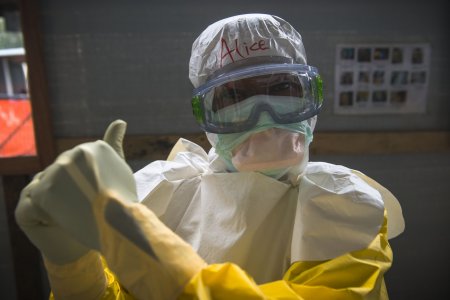 Yann LibessartAnalysis
Yann LibessartAnalysisThe response to the Ebola epidemic: negligence, improvisation and authoritarianism
02/08/2016If MSF has held a preponderant position in the response to the Ebola crisis, it owes it just as much to its intervention capacities as to its capacity for criticism. The following article by Jean-Hervé Bradol embodies perfectly the latter in pointing to the issues that appeared on the occasion of this epidemic.
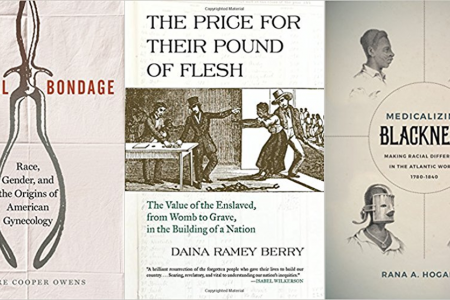 News in brief
News in briefRace and health. A fascinating article on the history of medicine
05/07/2018An article entitled "Médecines du corps noir" [Medicine and the black body], published on the La vie des idées website on 27 April, discusses three American history books on the origins of medicine in the United States in the context of slavery in the 18th and 19th centuries. Between experimentation and resistance, the history of relationships between race and health illustrates the decisive role played by African slaves.
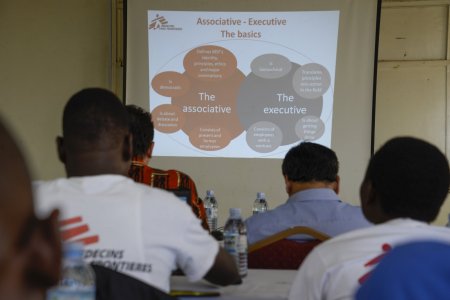 Aurélie BaumelInterview
Aurélie BaumelInterviewFrom bureaucratic inertia to “policy fragility”
09/08/2020Interview by Helai Hosseini. A first version was published on the website of the MSF France association on 31 July 2020.
In the wake of the Black Lives Matter movement in the United States, voices have risen within MSF denouncing the racist and discriminatory nature of our organization. Equal opportunity, they say, is not offered to all our employees. Founded in France in the early 70s by a handful of doctors and journalists, the organization has grown and become international, now employing over 46,000 people around the world, nearly 39,000 of whom are recruited locally. How has MSF’s policy towards its personnel evolved down the years? What is currently being done to fight inequalities? Here is Jean Hervé Bradol’s take on the major phases that have marked MSF’s transformation and the ways in which discussions are engaged today.
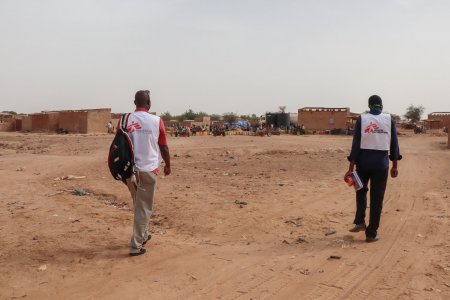 MSFAnalysis
MSFAnalysisShould we discriminate in order to act? Profiling: a necessary but debated practice
01/28/2021In this article for the Humanitarian Practice Network, head of the Research Unit on Humanitarian Stakes and Practices (UREPH) for MSF Geneva Françoise Duroch and Crash director of studies Michaël Neuman discuss the implications and reasons behind the growing practice of staff profiling for MSF.
In October 2020, MSF organised a workshop in Dakar on staff profiling in operations in the Sahel. Profiling involves the selection of staff based on non-professional criteria, including nationality, skin colour, gender and religion. As such, it raises a number of ethical and practical concerns. As a result of profiling, US nationals have not been deployed in MSF operations in Colombia because of the risk of kidnapping, and Chadians and Rwandans have been excluded in the Central African Republic and eastern Democratic Republic of Congo respectively, because of regional conflicts. The use of profiling has increased in recent years in West Africa, as the threat of kidnapping of Westerners by radical jihadist groups has intensified.


